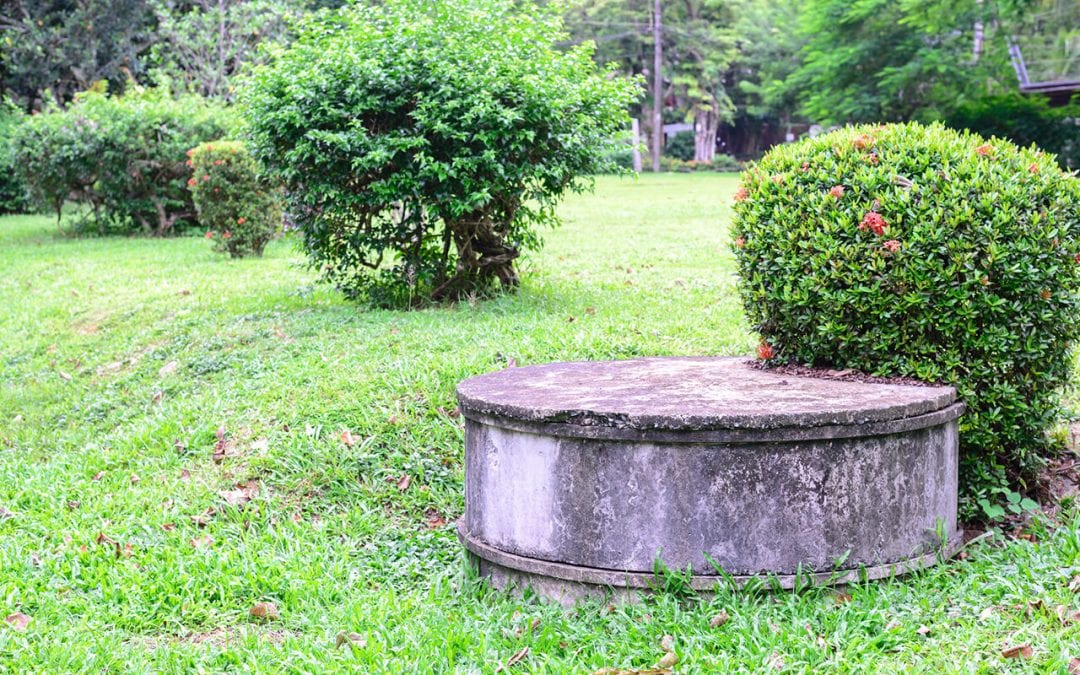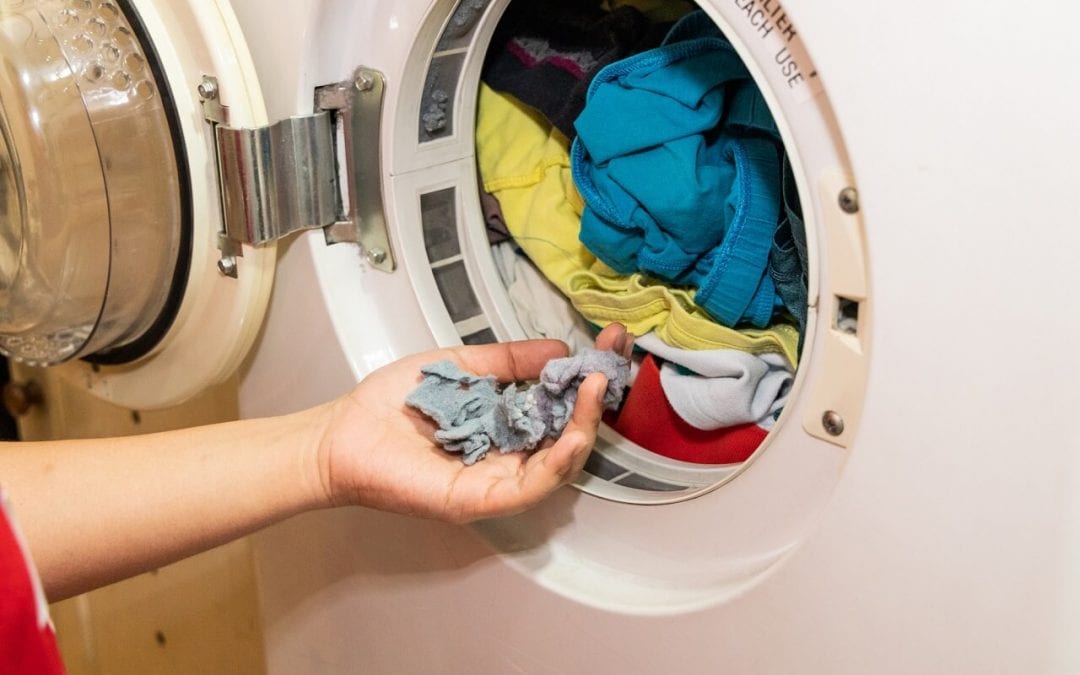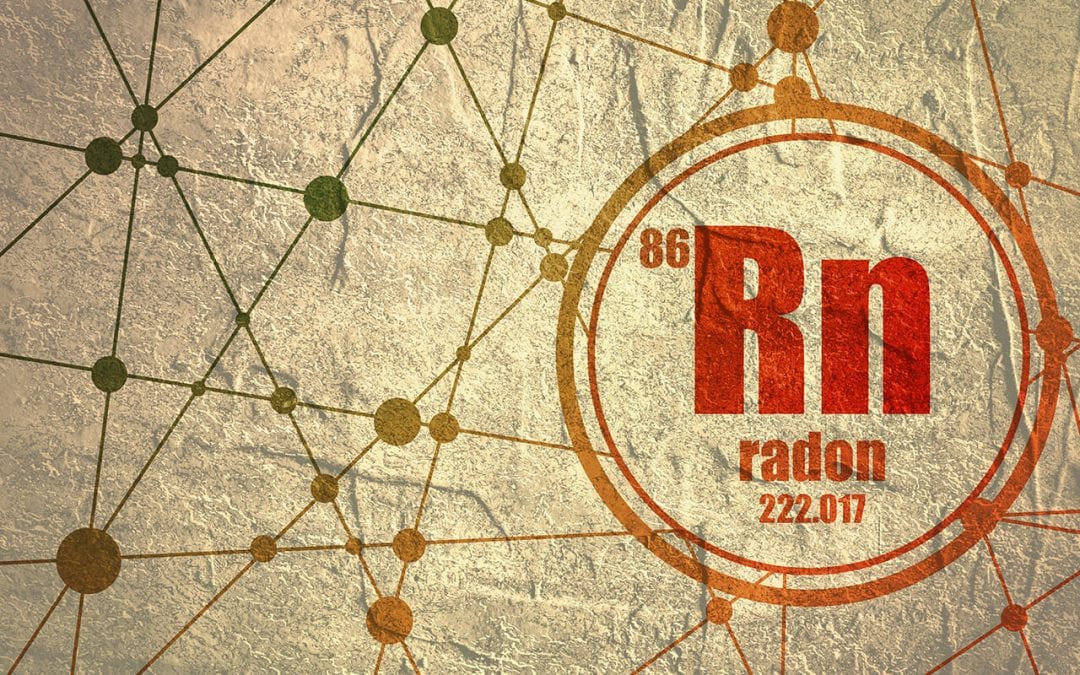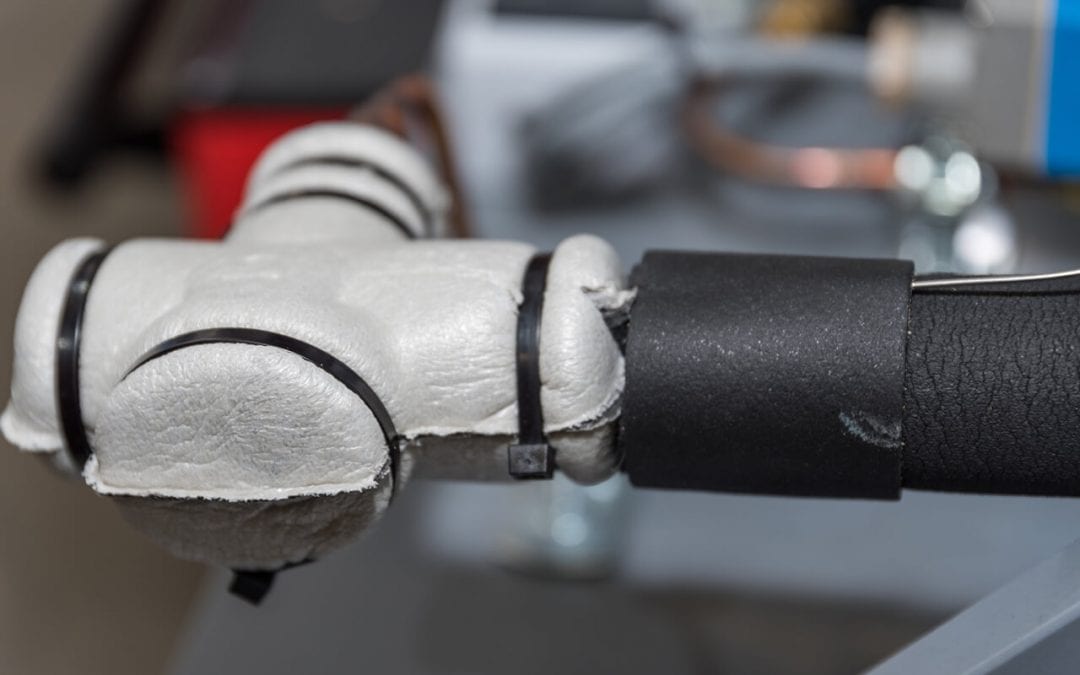
by mwonfor | Sep 13, 2021 | Community, Home Inspection
If you’re buying a home, the smart thing to do is to have it inspected before you sign the purchase and sales agreement. An inspection contingency is a clause in an offer that gives the buyer the right to have an inspection performed within a certain time frame. An inspection can keep you from making a bad investment by buying a home that is in disrepair. If an inspection shows unfavorable results, you have options like canceling the contract or negotiating. To snap up a home quickly, some buyers commit to buying a house with no inspection. Be aware that if you do this, you will be responsible for any repairs that the property needs. Here are 5 risks of waiving a home inspection contingency.
You Might Encounter Serious Structural Issues
Home inspections don’t just tell you about faulty appliances. An inspection can turn up serious structural issues and other kinds of problems that can cost hundreds of thousands of dollars to fix. Keep in mind that many of a home’s most serious problems may not be visible to someone simply walking through. They may only be detectable by an experienced home inspector.
Waiving a Home Inspection Places You in a Weak Negotiating Position
If you forego an inspection, you lose the right to negotiate or get out of the deal if there’s something seriously wrong with the property. If you do have an inspection contingency, you have alternatives such as walking away or asking for a better price.
Long-Term Financial Consequences of Waiving a Home Inspection
If you buy a house without having it inspected and something big comes up, you are on the hook for a lot of money. Big expenses that show up when you are already financially maxed out with your mortgage could drown you in debt. Waiving an inspection has the potential to affect your finances for the rest of your life.
Serious Safety Hazards
Many of the problems that might be uncovered in a home inspection pose more than just financial risks. They threaten the safety of everyone who lives in the home as well. Inspections may reveal carbon monoxide concerns and problems with the home’s wiring that pose electrical and fire hazards. Asbestos, pests, and lead paint are other issues that can make a home dangerous.
A Home Inspection Shows What Preventive Measures to Take
Home inspections just show more than just the immediate and pressing issues. They show areas that can become problems down the road. This information can help you to plan and budget to take steps that prevent expensive problems from developing in the first place.
An inspection can prevent buyer’s remorse for many reasons. Before you invest in a property and move your family into it, you are obligated to find out as much as you can about it. A home inspection performed by a qualified inspector is the best way to protect yourself as a buyer.
American Home Inspection Services serves Southeastern Michigan with home inspection services. Contact us to schedule an appointment.

by mwonfor | Apr 16, 2020 | Community, Home Inspection
You may be excited about a house based on the kitchen, yard, or patio. However, no matter how great the property seems, take your time, talk to your real estate agent, and order a home inspection. Let’s look at a few of the reasons a homebuyer should request an inspection.
Give Yourself the Ability to Back Out of a Bad Deal
When you sign a real estate contract to purchase a home, make sure your agent includes a contingency for the home inspection. What happens if the inspection reveals a major problem? Sometimes repair needs or safety concerns are more than a buyer wants to deal with.
What will the repairs cost? Is the seller willing to fix problems or reduce the asking price? Even if the seller says they’ll fix the defects, negotiations might stall if they disagree with cost estimates or your choice of contractor. You can walk away from the sale if you and your realtor made the offer contingent on the inspection results.
A Home Inspection is Worth the Investment
Homebuyers need an inspection and the cost is minor in comparison to the amount you’re paying for the house.
Your inspector will provide a detailed report to help you understand the condition of your potential new home. The report will include photos illustrating any problems and defects with the property. As the buyer, you can move through the sale process with helpful, detailed information about the house.
Order a Home Inspection to Discover Safety Problems
There are various types of problems that might cause safety concerns. These should be addressed because they pose a risk to your family. Some safety issues that an inspector may find include a blocked chimney, mold growth, lead paint, radon gas, and faulty electrical wiring.
Order a Home Inspection to Uncover Structural Issues
Order a home inspection to learn about structural problems. You may not think doors or windows that don’t close properly or cracks in the walls are significant, but these are signs that there may be a bigger issue with the house. A home inspector is well trained to locate foundation problems and other structural concerns.
Home Buyers Need a Home Inspection: Helpful When Negotiating
Your inspection report is a useful tool when negotiating for a lower asking price. If the inspection reveals issues that the seller is unwilling to repair, talk to your real estate agent for advice. You may be able to purchase the home at a lower price and fix any problems yourself.
Budget Your Maintenance Costs
A home inspection is great for uncovering long-term maintenance issues. For example, it can tell you how old the major appliances are. Older appliances aren’t a reason to walk away from the purchase, but this knowledge allows you to budget for new appliances.
If you purchase the property, your inspection report will help you make a plan for repairs over the long term.
American Home Inspection Services provides home inspection services to customers in southeast Michigan. If you’re buying a house, contact us to schedule an appointment.

by mwonfor | Nov 15, 2019 | Community, Home Inspection, Home Maintenance, Homeowners
Your septic tank is an important component of your home. Taking proper care of it will save you thousands of dollars in repairs or replacement and promote a safe and healthy living environment. Use these 6 tips to maintain your septic tank.
1. Have Your Septic Tank Serviced
Professionals recommend having your septic system inspected yearly. Use a qualified technician to maintain your septic tank and save all service records and inspection reports. The number of people living in your home, the amount of wastewater generated, and the size of the tank determines how often your septic tank should be pumped.
Experts say the average tank should be pumped every three years or more often if yours uses an electrical float switch, pump, or other mechanical pumps. If your septic system is newer, it may have a filter to prevent solids from entering the drain field. If so, the filter should be cleaned or replaced upon servicing.
2. Protect Your Drain Field
The drain field is the part of your septic system that removes contaminants from the liquids that exit the septic tank. Sometimes called the leach field, it is a shallow, covered excavation in the ground. The drain field will flood if it becomes deluged with wastewater or outside liquid, causing a sewage back-up. Maintain your septic tank with regular pumping to protect the drain field. Don’t park vehicles over your drain field and don’t plant trees nearby. The roots can grow into the septic system and cause damage.
3. Watch What Goes Into Your Septic Tank
Most toilet tissue is designed to break down and dissolve inside the septic tank. Don’t flush items like feminine hygiene products, diapers, paper towels, cigarette butts, cat litter, or dental floss down the toilet. In the kitchen, don’t put coffee grounds or grease into the garbage disposal. In fact, if you have a standalone septic system, it’s best not to have a garbage disposal. Drain openers and other chemicals can damage the septic tank, so choose safer, non-toxic solutions instead.
4. Use Water Wisely
Conserving water helps maintain your septic tank. Avoid excessive washing machine and dishwasher use, running toilets, and leaky faucets. When it’s time to replace appliances, toilets, and showerheads, replace them with energy-efficient models if you don’t already have them. Conserving water will help keep your drain field from flooding and you’ll also save money on your utility bills.
5. Use High-Water Pressure Jetting
Regardless of regular pumping, all septic systems will accumulate solids in the drainpipe that can clog connecting pipes to the drain field. Maintain your septic tank by high-pressure water jetting the drain lines about every five years. This will clear away solids and other debris that could affect efficient operation.
6. Use a Bacteria Additive
Another way to maintain your septic tank is by using a bacteria additive. Organic bacteria will break down unnatural substances such as soaps and detergents that enter your tank. These common household products kill the naturally occurring bacteria that keep your system functioning properly. Bacteria additives are inexpensive and can help keep pipes clean and odor-free.
American Home Inspection Services provides septic inspections and other inspection services to Southeast Michigan. Contact us to schedule your yearly septic inspection.

by mwonfor | Feb 21, 2019 | Community, Home Inspection, Home Maintenance, Homeowners
House fires are feared by all homeowners. Fortunately, most house fires are preventable. Following these tips for home fire safety will reduce the chances of a tragedy happening to you.
1. Follow Tips for Home Fire Safety and Smoke Detectors
A house fire is not always immediately noticed. If a fire occurs, everyone in the home is vulnerable to smoke inhalation and injuries. Installing smoke detectors on every floor of your home in hallways, bedrooms, and the kitchen alerts to you smoke indoors.
Maintain the smoke detectors by checking their functionality every few months. Keep spare smoke detector batteries in your house and replace the batteries when necessary.
2. Never Leave Food Cooking Unattended
Remain in the kitchen while cooking on the stove. Leaving unattended food heating on the stove is a fire hazard. Remember to turn off the oven and any stovetop burners after cooking, especially before leaving the house. Always set a timer when using the oven to prevent burning food and cooking fires, and never leave food cooking in the oven when you leave the home.
3. Clean The Lint From Your Dryer
Teach your family members basic instructions for washing and drying clothes, including cleaning the lint filter in the dryer every time you use it. Dryers become full of lint through years of use. Cleaning out your lint trap is easy and should be done before each load of laundry.
A larger fire hazard is the lint that accumulates within the dryer vent itself. Have this cleaned at least once a year or more depending on how much laundry you do. Lint is flammable and can cause a house fire if it’s not properly removed.
4. Protect Space Heaters
Space heaters come in handy during cold weather by providing extra warmth in your living spaces. To safely use a space heater, don’t place it near curtains or furniture. Keep the heater away from areas with piles of clothes or blankets. Children should be taught to play away from the heater. Place the space heater on a heat-resistant surface that’s both stable and level. Always turn it off before you leave the house.
American Home Inspection Services provides home inspections and related services to Southeast Michigan. Contact us to schedule an inspection.

by mwonfor | Dec 21, 2018 | Community, Home Inspection, Home Maintenance, Homeowners
January is National Radon Action Month, so take some time to familiarize yourself with the risks of radon in the home and how to best protect your family.
What is Radon?
Radon is a radioactive gas that naturally forms underneath the ground. Radon is found throughout the United States and any home is at risk of having unsafe levels inside. After radon forms in rocks and soil, it floats upwards into the atmosphere, or in some cases, into buildings. When it gets inside a building and is not ventilated out, the levels of radon build and the risks of radon become a problem.
Why is Radon Dangerous?
Radon is dangerous to breathe because it has been known to cause lung cancer. In fact, an estimated 21,000 deaths a year are the result of radon-induced lung cancer. Radon is especially unhealthy for children to breathe because their lungs are smaller. Some studies have also shown a positive correlation between indoor radon exposure and childhood leukemia. When combined with cigarette smoking, the risks of radon in the home are even more pronounced.
How Do You Detect Radon?
Because radon is invisible and has no smell, it is impossible to know how much radon is in an indoor space without a radon test. While there is the option to buy a cheap DIY testing kit and administer the test yourself, poor quality materials and user error can make these tests inaccurate. Instead, hire a trained professional with superior testing equipment to perform the test.
Protect Your Family From the Risks of Radon
The risks of radon in your home are too serious to ignore. January is National Radon Action Month and a great time to test the levels of radon in your home so that you know that your air is safe to breathe. If your home tests at 4 picocuries/liter or higher, you should hire a radon mitigation company to lower the levels.
Click here to learn about other ways to reduce radon levels in the home.
American Home Inspection Services provides Southeast Michigan with professional radon testing and home inspection services. Contact us to book our services.

by mwonfor | Nov 19, 2018 | Community, Home Inspection, Home Maintenance, Homeowners
Preventing Plumbing Leaks at Home to Avoid a Hassle
It is in your best interest as a homeowner to keep your plumbing system in good shape. By taking precautions to prevent plumbing leaks, you are more likely to avoid a plumbing emergency. Plumbing leaks tend to happen more in winter because of freezing temperatures. Try these four methods for preventing plumbing leaks at home so you don’t have to deal with a water interruption, damage, and an expensive plumber’s bill.
1. Insulate Exposed Plumbing
When a pipe freezes the frozen water expands and can cause the pipe to burst. To prevent the damage that a burst pipe can cause, use foam pipe insulation on all plumbing that is outdoors, in the crawlspace, or in an unheated basement. Wrapping your exterior faucets and disconnecting garden hoses will also protect your pipes from the cold.
2. Inspect Appliance Hoses
The hoses on appliances like your washing machine, dishwasher, and fridge don’t last forever. It is common to neglect these hoses until they spring a leak. Check these hoses for cracks, moisture, or if they just feel brittle. Installing replacement hoses before they fail is an easy and inexpensive home maintenance task.
3. Check the Water Pressure
Excessive water pressure puts stress on plumbing pipes and can wear on them over time. You can adjust the water pressure in your home yourself. It is recommended to keep your water pressure in the ballpark of 40-45 psi. to improve the life of your plumbing system and prevent plumbing leaks at home. Never let your water pressure go above 60 psi.
4. Install a Water Softener
Some cities’ municipal water supply is rich with minerals, or “hard”. While this may have health benefits, it is not healthy for your pipes. A precaution for preventing plumbing leaks at home is to install a water softening system to remove some of the mineral content. These systems can be purchased at home improvement stores and installed by a handy homeowner.
American Home Inspection Services serves Southeast Michigan with home inspection services. Contact us to schedule an inspection.






